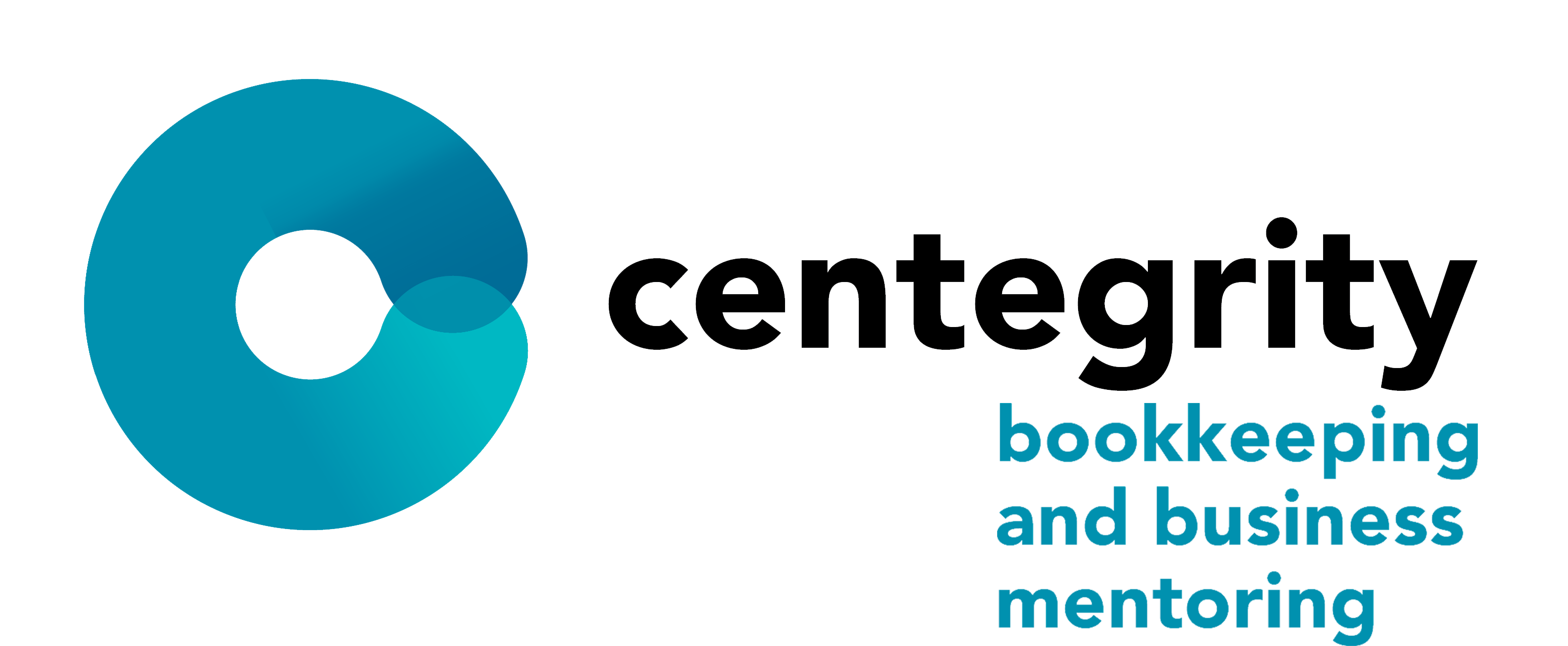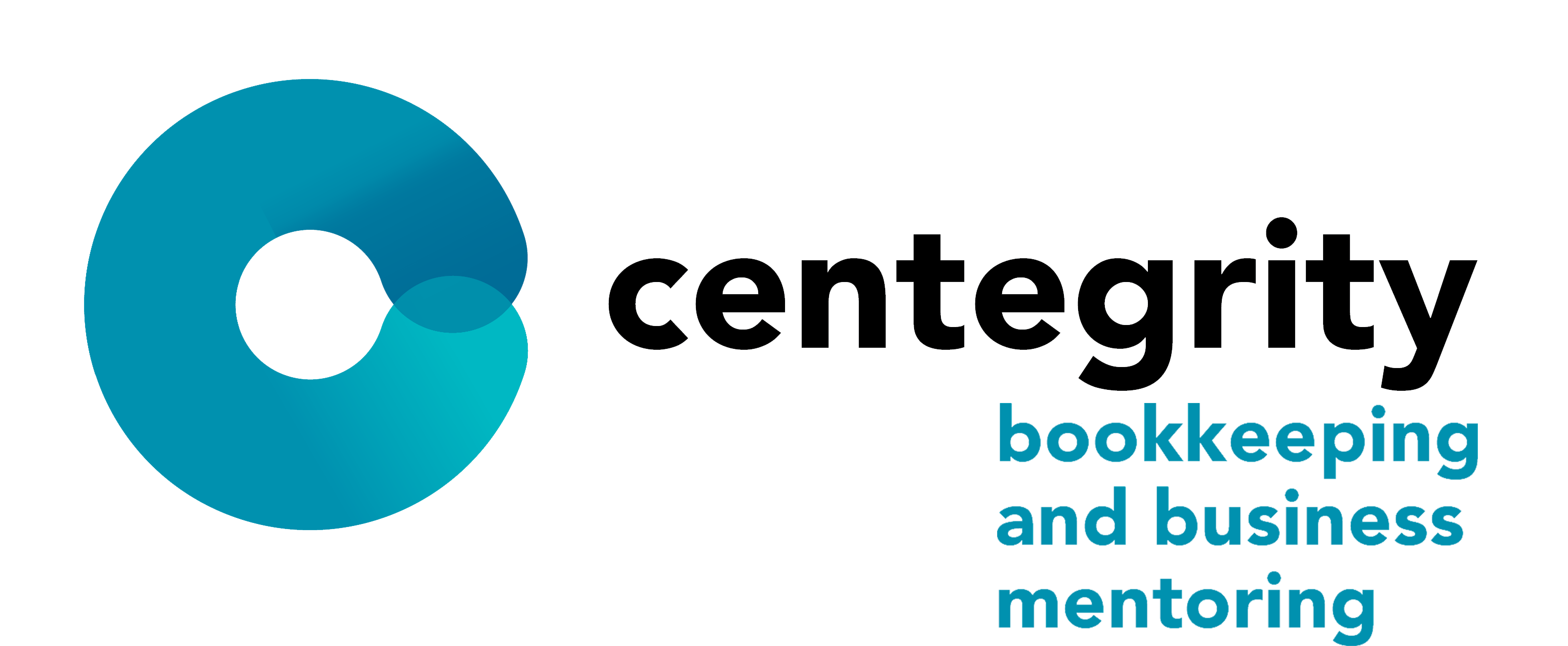It’s unfortunate, but employee expense claims are a common form of business fraud. Are you across all your employees’ claims for reimbursement?
The best thing you can do to minimise expense claim fraud is to implement a process for reviewing and authorising expenses and reimbursements. Many business owners simply trust people to do the right thing and be honest.
While most employees are reliable, having good systems in place will mean that the dishonest actions of a minority do not jeopardise your business.
Examples of Expense Claim Fraud
- Asking for reimbursement for the made-up cost of goods or services provided for free.
- Collusion with someone in another business who can provide falsified documents to show purchase and payment.
- Personal expenses labelled as business expenses.
- Duplicated claims, for example, an employee might claim for legitimate travel expenses in one month and then claim the same expenses two months later.
- Inflating legitimate expenses, such as meals or meeting costs, paid for in cash.
Steps to Proactive Expense Management
- Get a policy in place that includes limits on categories such as travel, office supplies or business meetings, and a clear authorisation process.
- Randomly check all expenses to ensure no staff members are collaborating.
- Get digital credit cards for employees who need to purchase items on behalf of the business regularly. Some solutions allow you to set monthly budgets and limits for specific categories.
- Make it easy for employees.
Mistakes in claims happen, and not all expense claim errors are fraudulent.
Talk to us if you’d like to know more about apps that provide a systematic process for proactive expense management.

